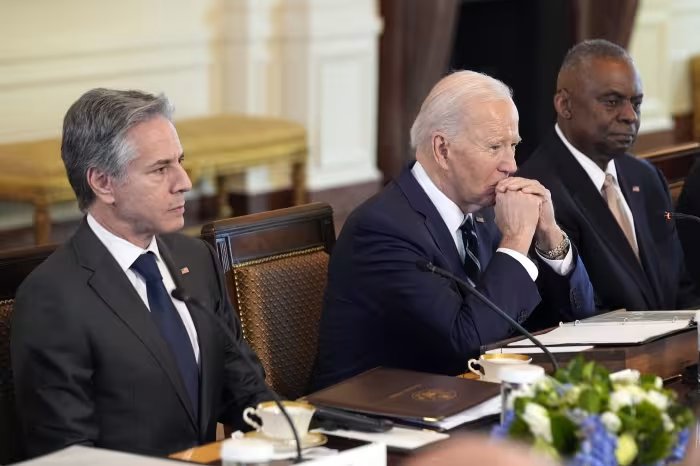Sublime
An inspiration engine for ideas
Rebecca Richards
@rbccrchrds

George Dy
@georgedyjr
Altogether, Howe dispatched more than eleven thousand letters on FDR’s behalf.
Jean Edward Smith • FDR
In Jefferson’s time, such opposition to government per se—such fierce frontier individualism—might have made Stevenson a real democrat; in the more complicated mid-twentieth century, his reluctance to make use of the powers of his office allowed the continuation of the vacuum in Texas government in which special interest groups—the Texas oilmen,
... See moreRobert A. Caro • Means of Ascent: The Years of Lyndon Johnson II
Valerie Johnson
@valeriej
David Brock, a conservative apostate who became a liberal activist, described the Heritage Foundation, where he was a young fellow, as almost completely under the thumb of its wealthy sponsors. In his tell-all book Blinded by the Right, he writes, “I saw how right-wing ideology was manufactured and controlled by a small group of powerful
... See moreJane Mayer • Dark Money
Julie Silverman
@sqrd